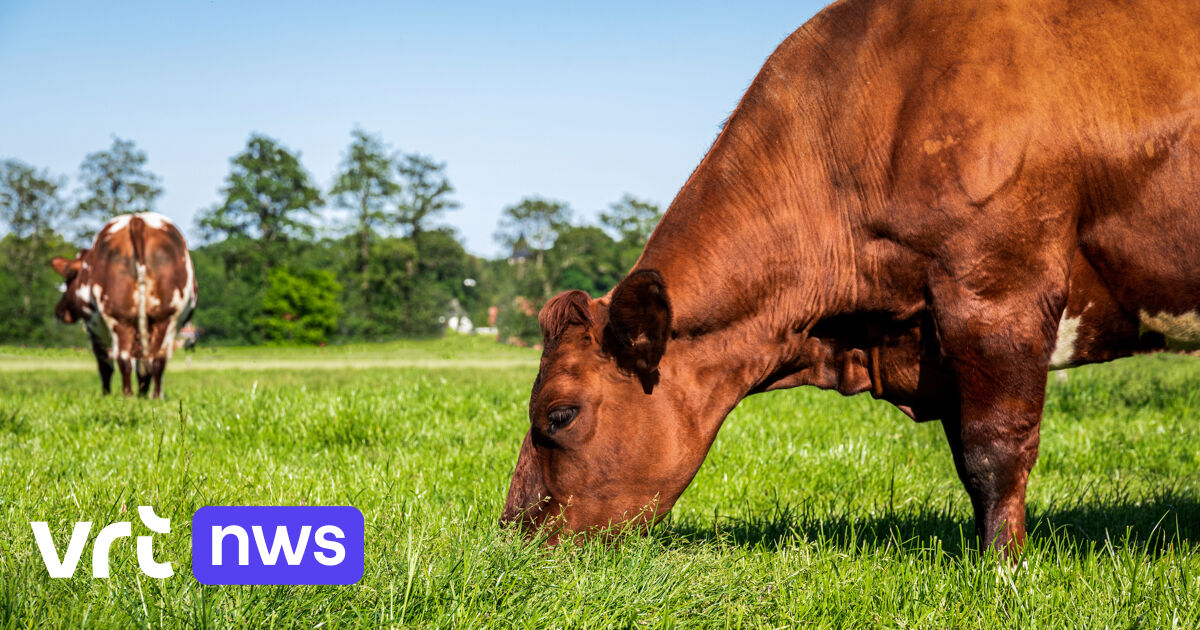From 2021 to 2027, €387 billion in subsidies will go to European farmers. That is about a third of the total EU budget. The explanation for this high share: agriculture is the only economic sector where almost all financial support comes from the budget of the European Union.
The conditions for receiving such subsidies are laid down in European rules. However, negotiations between the European member states and the European Parliament on new rules of the game have dragged on until June this year, which means that they will only enter into force on January 1, 2023. As expected, a majority in the European Parliament has approved the compromise.
Small and medium-sized enterprises are getting a bigger share of the pie. Farmers who receive European subsidies (for example in the cattle sector or arable farming) will have to meet more environmental and climate conditions than is currently the case. There will also be so-called “eco-regulations”: farmers who want to do more for the environment (for example by using less pesticides or saving more grassland) can join them voluntarily, and in return receive higher subsidies. A quarter of the subsidies should go to farmers who opt for an eco-scheme. “The greenest agricultural policy ever,” says European MP Tom Vandenkdelaere (CD&V).
–


